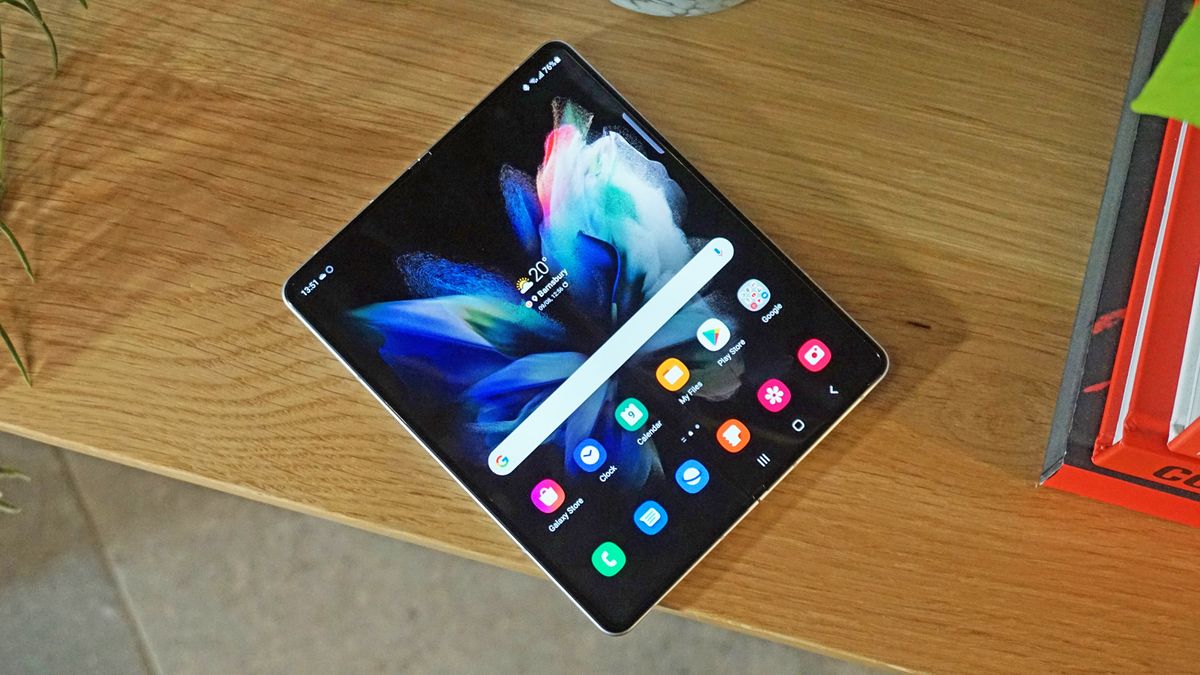Feds’ case against Huawei in cell networks tracked ‘unprofitable’ deals near US military bases
An FBI investigation into Huawei reveals the Chinese telecom company had a pattern of installing equipment on cell towers near military bases in rural America — even if it wasn’t profitable to do so, according to a report from CNN. The unearthed investigation sheds some light on the US government’s motive behind the stalled “rip and replace” program that pushes for the removal of Huawei’s tech throughout the country.
According to CNN, the federal investigation centers around the potential for Huawei’s equipment to intercept military communications, including those transmitted by the US Strategic Command, the agency tasked with handling the US nuclear arsenal. It’s no secret that Huawei sold cheap equipment to smaller, regional telecom providers in states like Colorado, Montana, Nebraska, and Oregon, but, as CNN reports, this raised suspicion among federal agents. As CNN points out, investigators found that these rural, low-traffic locations brought no financial benefits to Huawei, but they were located in close proximity to military bases.
John Lenkart, a former senior FBI agent told CNN that investigators started “examining [Huawei] less from a technical lens and more from a business / financial view,” noting it made deals with companies in locations that “made no sense from a return-on-investment perspective.” While the FBI reportedly found that Huawei’s equipment could technically disrupt military communications, sources close to the situation told CNN that it’s difficult to trace a piece of stolen information to actually prove it.
In a statement to CNN, Huawei refutes any claims that its equipment is capable of interfering with US military communications. “Our equipment only operates on the spectrum allocated by the FCC for commercial use,” Huawei told CNN. “This means it cannot access any spectrum allocated to the DOD [Department of Defense].” Huawei didn’t immediately respond to The Verge’s request for comment.
A report from Reuters indicates the presence of a similar ongoing investigation by the Commerce Department that began shortly after President Joe Biden entered office. The agency is also concerned about the possibility that Huawei’s equipment can intercept communications from nearby missile silos and military bases. According to Reuters, the Department of Commerce could further restrict Huawei in the country if it deems the company a national security threat.
In 2019, the US began clamping down on both Huawei and the China-based ZTE over concerns that they pose risks to the nation’s security, barring telecom providers from using federal subsidies to purchase equipment belonging to either company. The FCC later announced a rip and replace program to get rid of the equipment that has already been installed — three years out, companies are still using the banned equipment, partly due to a lack of funding.
Since first introducing the plan, the estimated costs associated with replacing existing equipment have skyrocketed from $1.8 billion in September 2020 to $5.6 billion in February 2022. This is a huge concern for smaller telecom providers that rely on the funding to replace Huawei’s equipment, a brand they likely chose because of its affordability. On Friday, FCC Chairwoman Jessica Rosenworcel sent a letter to Congress (PDF) explaining that the agency is $3.08 billion short on the money it needs to fully reimburse telecom providers. The FCC can only cover 39.5 percent of the total $4.98 billion required to satisfy the telecom providers that applied to the program.


